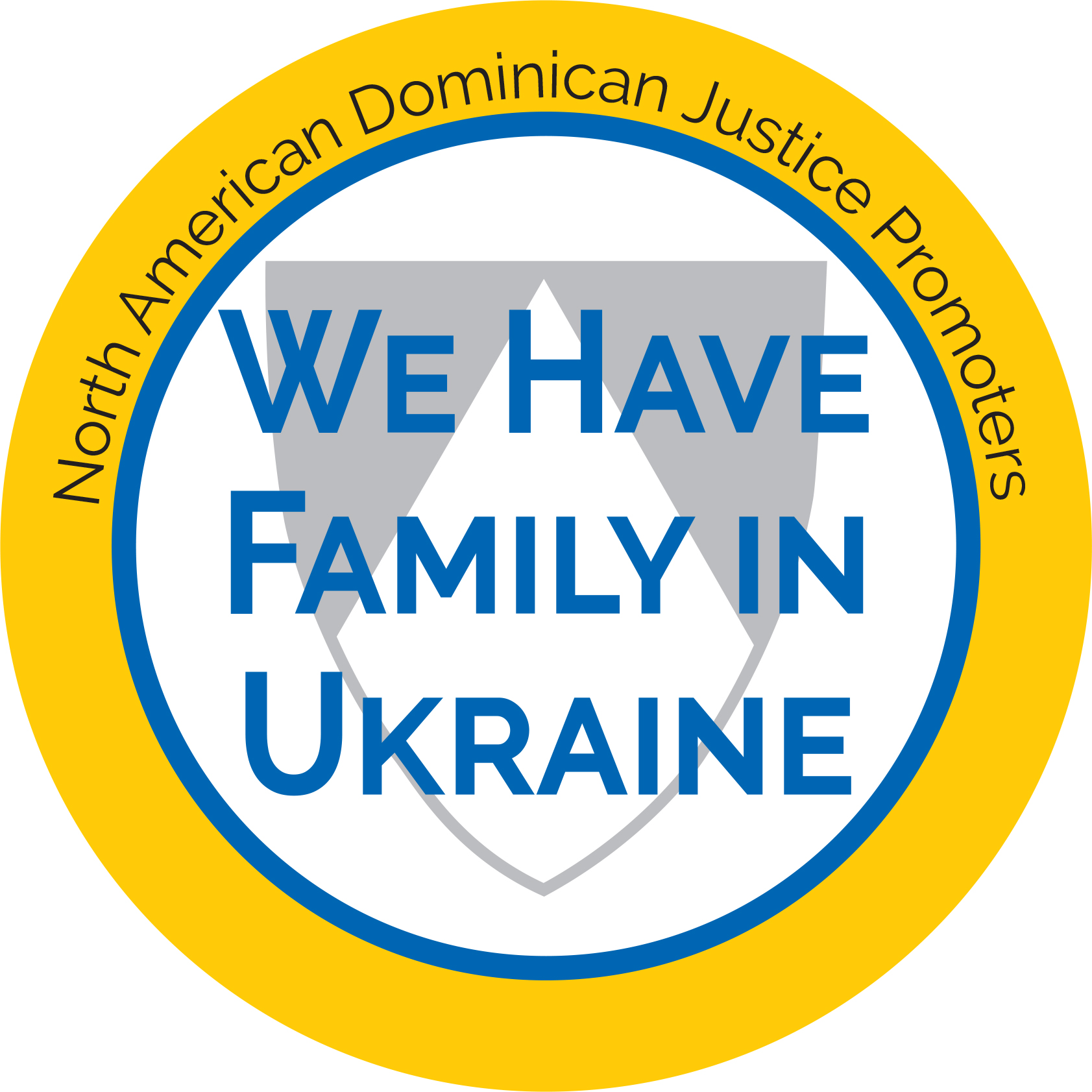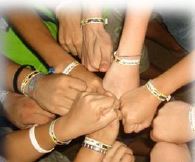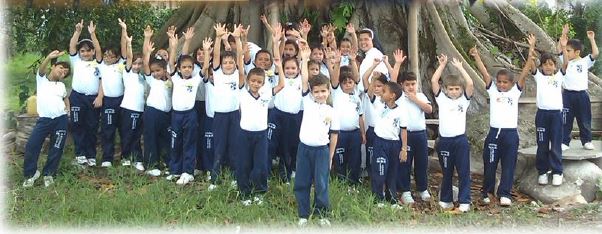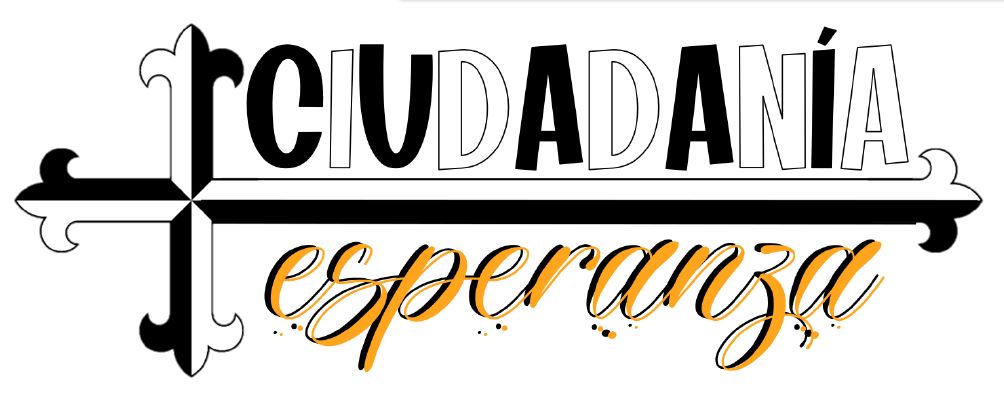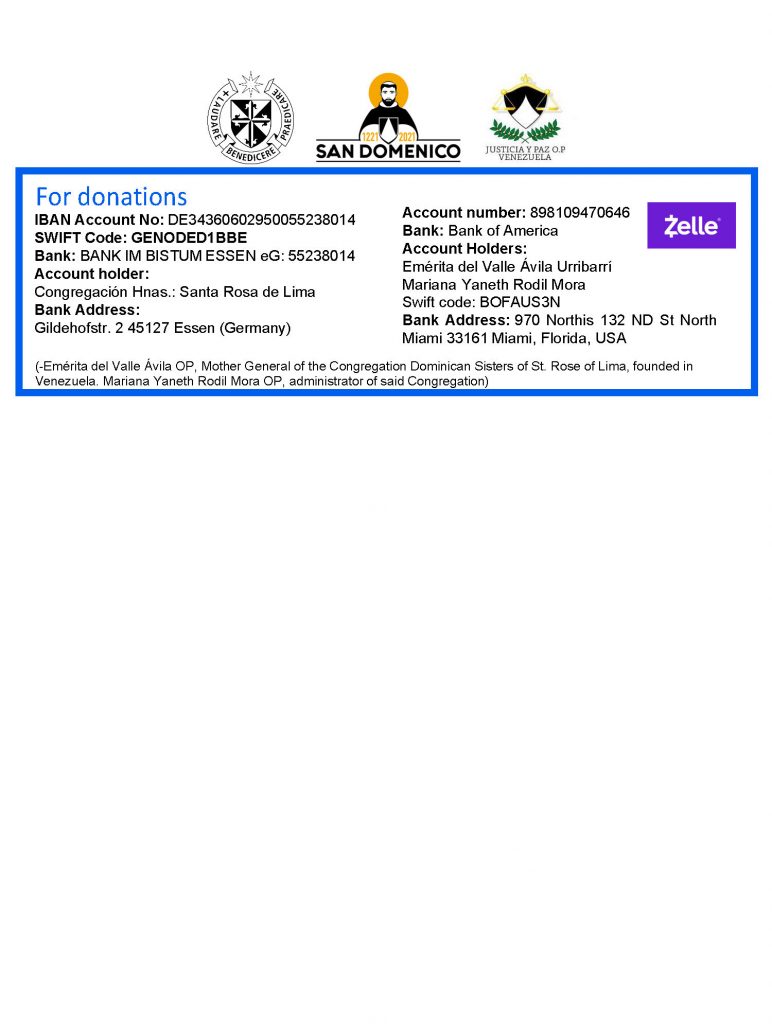UN/NGO Statement on Russia and Ukraine

The Dominicans at the UN join a group of 20 NGOs with a joint statement during the ongoing 49th Regular Session of the Human Rights Council calling for peace and the preservation of civilian lives. Renewing their statement made on 24th of February, calling out Russia on their senseless aggression against Ukraine.
Full text link: https://un.op.org/fr/node/3506
 USA
USA

